News
Scientific Computing group news
Combining physics and AI to unravel turbulence: CWI receives NWO grant
Turbulence is everywhere, from the swirl of smoke in air to the turbulent flows of gas in galaxies. Yet despite its ubiquity, it remains one of the most difficult phenomena to simulate. …
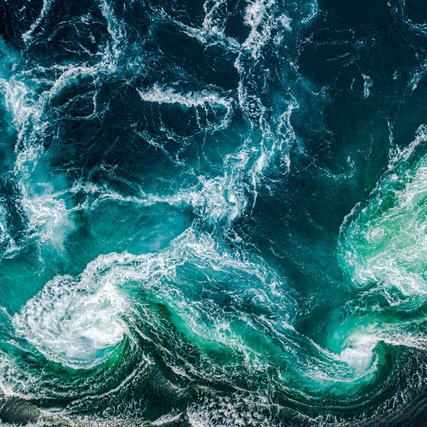
Barry Koren receives royal decoration
After his farewell speech at Eindhoven University of Technology on 3 April, TU/e professor and CWI advisor Barry Koren received a royal decoration: he was named Officer of the Order of Orange-Nassau. …
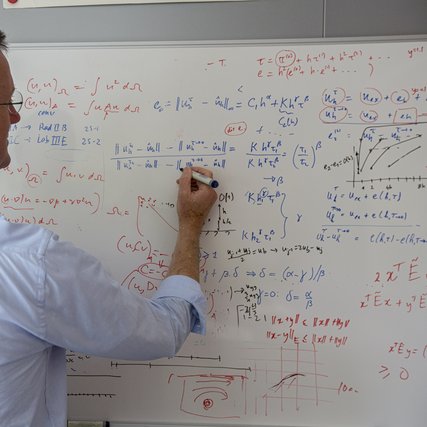
AiNed XS Europa funding for generative AI for realistic physics simulations
In this project, proposed by Benjamin Sanderse and Nikolaj Mücke of CWI’s Scientific Computing group, a physics-aware generative AI model capable of generating physics simulations will be developed.

More efficient digital twins through deep learning
Nikolaj Mücke enhanced the functionality and efficiency of digital twins through deep learning techniques. This opens new avenues for the practical application of digital twins in various industries. Mücke receives his PhD …

eScience Center grants CWI project on differentiable programming
Benjamin Sanderse and his Scientific Computing group received a grant from the Netherlands eScience Center to develop a new software framework. This framework will be used to discover new physics models using …
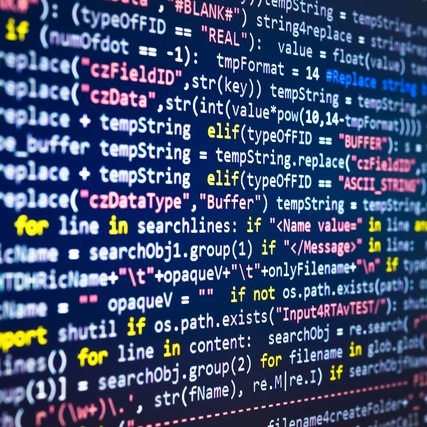
New Shell-CWI project to improve CO2 transport simulations
To help reduce global warming, transport of CO2 for underground storing should be optimized. CWI will develop new mathematical modelling techniques to improve this, in a new research project in collaboration with …
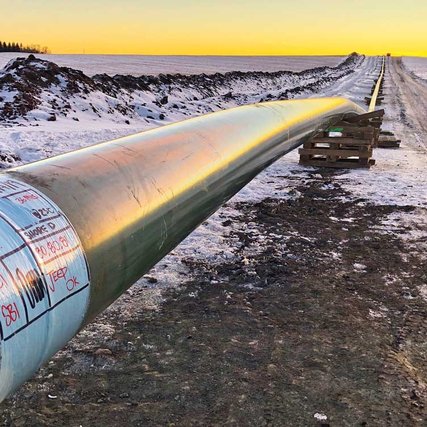
Hurray! A new national supercomputer: Snellius
On Thursday 16 September 2021, Queen Máxima performed the official opening of the new national supercomputer Snellius. CWI researchers have been computing on the national supercomputer since 1984: from testing security keys …
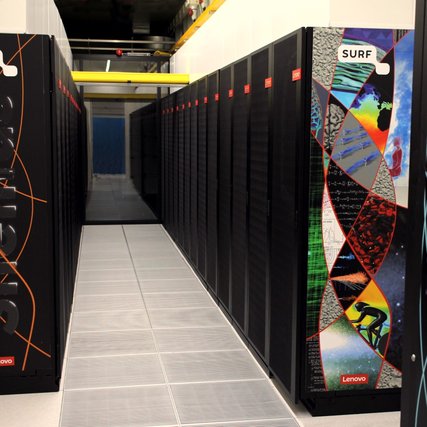
Researchers find substantial uncertainties in Covid-19 pandemic simulations
Computer modelling to forecast Covid-19 mortality contains significant uncertainty in its predictions, according to an international study led by researchers at UCL and CWI. Their article was published in Nature Computational Science …
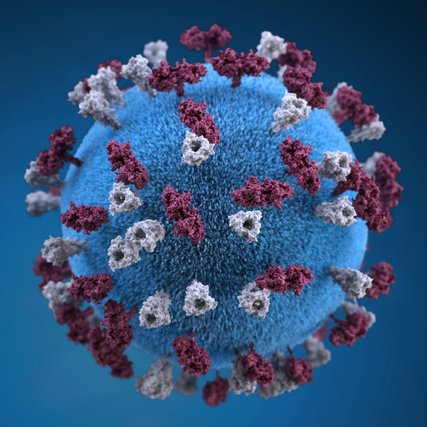
- 1 (current)
- 2
- 3
- 4
- …
- 9
- Button to the next page
